Shared challenges
These sectors of the economy share the following challenges:
- Managing a set of customized agreements and contracts
Large projects and/or business activities with many parties involved, high volatility, and/or with very short planning horizons. In these arenas, one event/change can trigger an avalanche of actions in a network of parties involved.
Bespoke interaction contracts have to be agreed upon, monitored, adjusted, and/or verified. Price/conditions, planning requirements (when, where), specifications of service or goods. Some or most of these conditions are bespoke and non-repetitive.
The interaction between these contracts is high: (unanticipated) changes in the execution of one contract can create an operational and financial ripple effect in many others, including those of sub-sub-contractors and suppliers.
- Complex coordination in real time
All parties involved, including the delegated sub-sub-contractors, have to coordinate their activities to achieve the desired integrated result: events/changes trigger actions and subsequent coordination between parties.
In many cases, delegated sub-contractors without a direct commercial relationship have to coordinate their actions in real time and exchange sensitive information on behalf of their principals.
- Compliance assessment is part of the operation
The parties involved need to demonstrate compliance with laws, regulations, and permits to multiple authorities, sometimes in different countries or trade blocs. Compliance checking by authorities can be a fully integrated and time-critical part of a supply chain or project. For example:
- Cross-border customs and inspection requirements
- Safety regulations check
- Phytosanitary regulations check
- Labor laws check
- Verification of construction quality check
- Environmental laws and regulations check
Assessing trust in business relationships
Trust in business relationships goes beyond trust in a (digital) identity. It is customary to run background checks on new potential clients or suppliers, such as:
- chamber of commerce registration;
- parent company/owners;
- size;
- period of existence and growth;
- website;
- experience in this type of business;
- bank relationship;
- address;
- annual deposit figures;
- credit rating;
- reputation;
Importance of reputation
Reputation is very important, as contracts are a backstop to be used when the business relationship goes wrong and legal action is needed. This backstop is costly, however: a contract gone wrong means time spent, attention diverted, delay in reaching a target, missed business, and cost of legal action. A reputation for delivering results and solving problems is very valuable.
Crime prevention
Crime prevention is a key requirement – not only as a demand from society, but also because crime poses a serious risk to companies and their staff.
Protecting information
In such an ecosystem, it is vital on the one hand to exchange information triggered by events as soon as possible between parties that are potentially affected, and on the other hand to limit access to information on a ‘need-to-know, when-to-know’ basis. Commercially sensitive information, privacy sensitive information, or security sensitive information (barrier for criminal actors or malevolent state actors) should be protected against unwanted access.
’Trust community’
All these exchanges build up a history and a corresponding reputation for the parties involved. Usually some kind of ‘trust community’ forms itself, made up of parties that are in the same sector and share a desire for a good reputation. They share experiences to reduce the effort and risks involved in trust assessment.
The main sectors with these characteristics are:
- Supply Chain Logistics and Transport
- Engineering & Contracting
- Construction
- Large events
- Combat/Military Logistics
